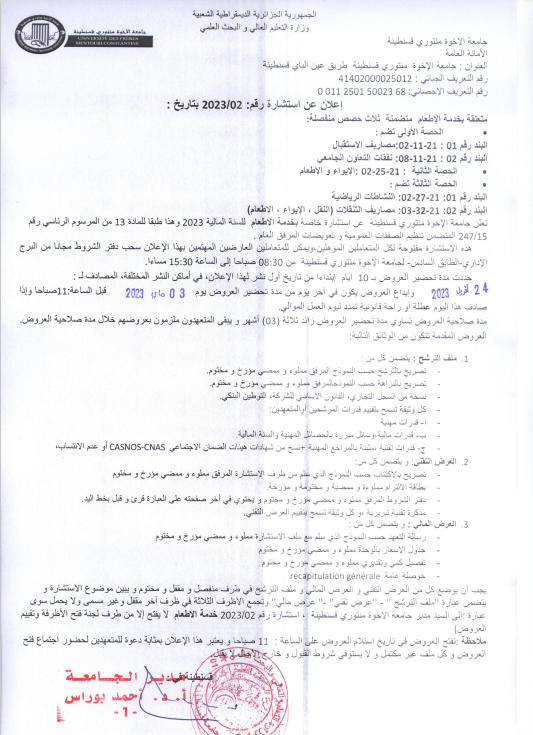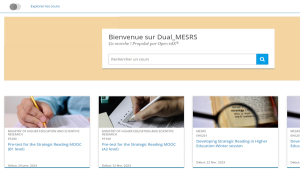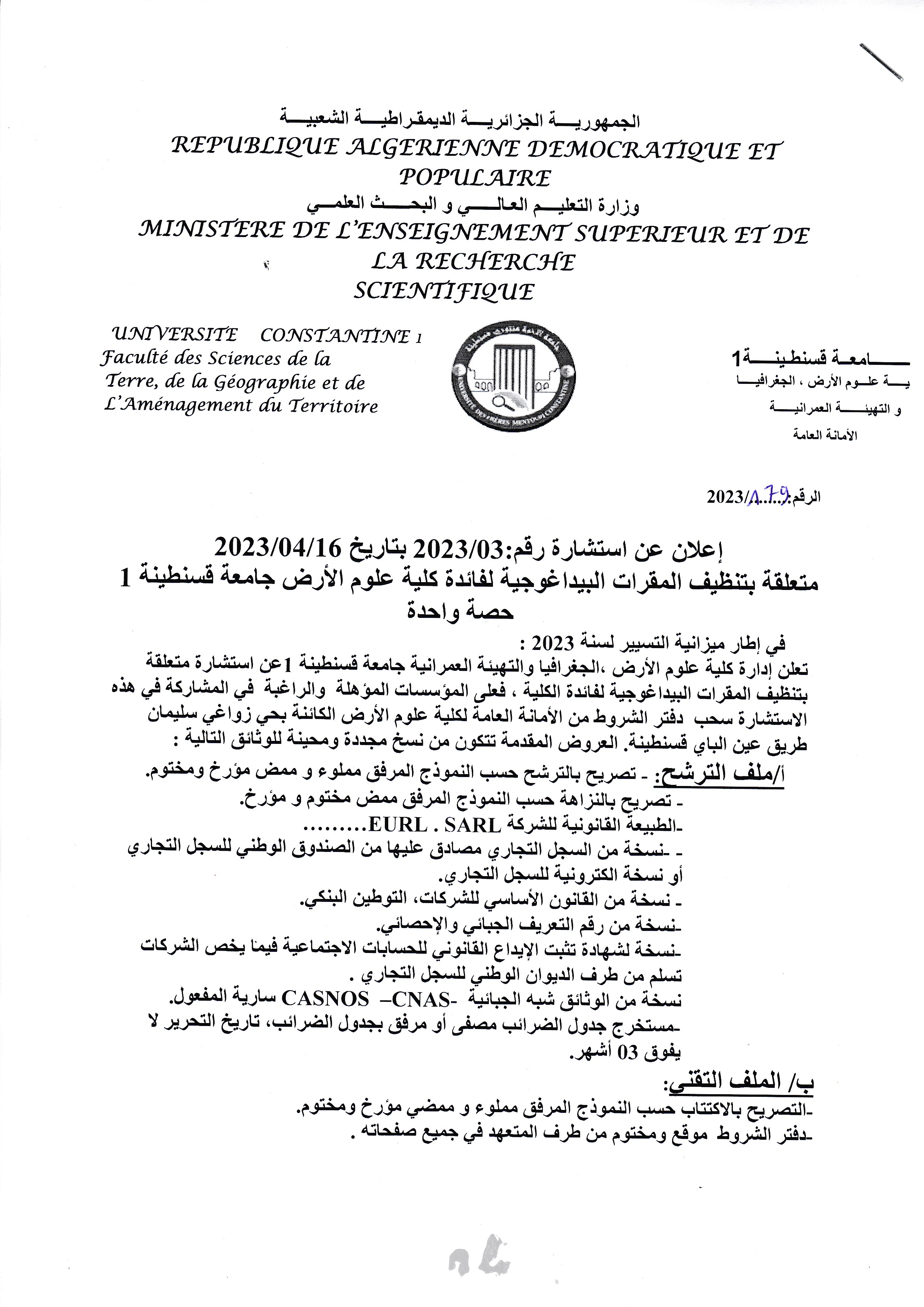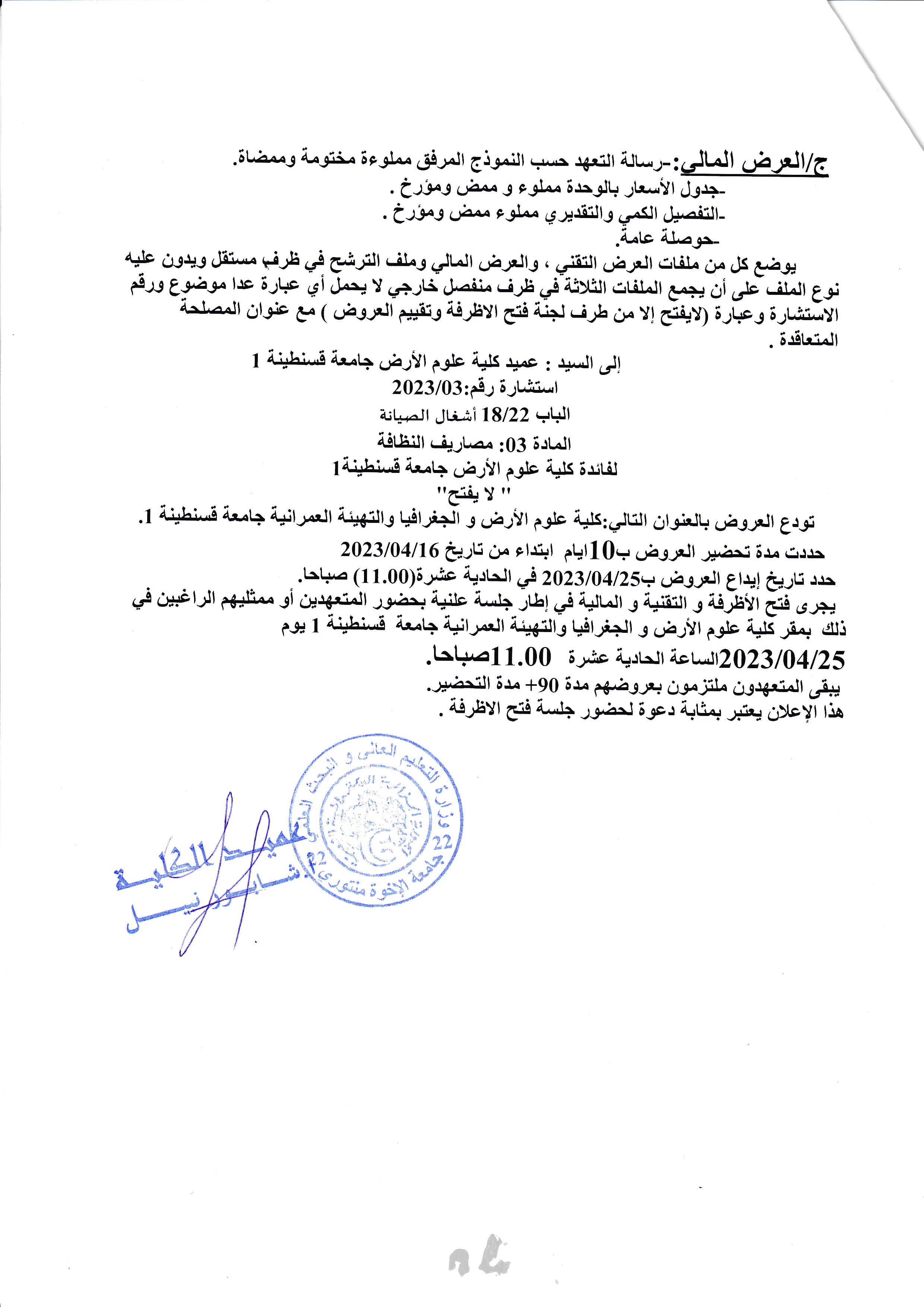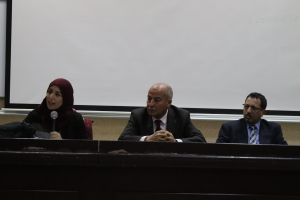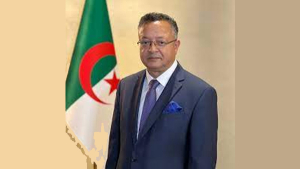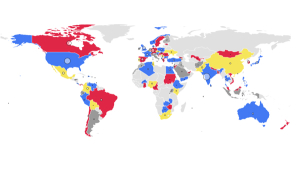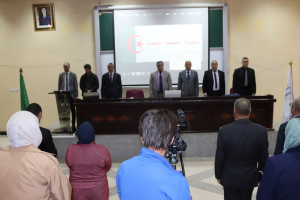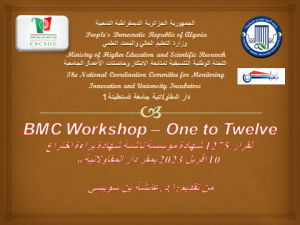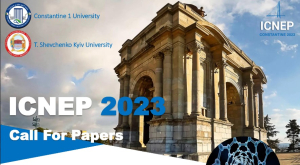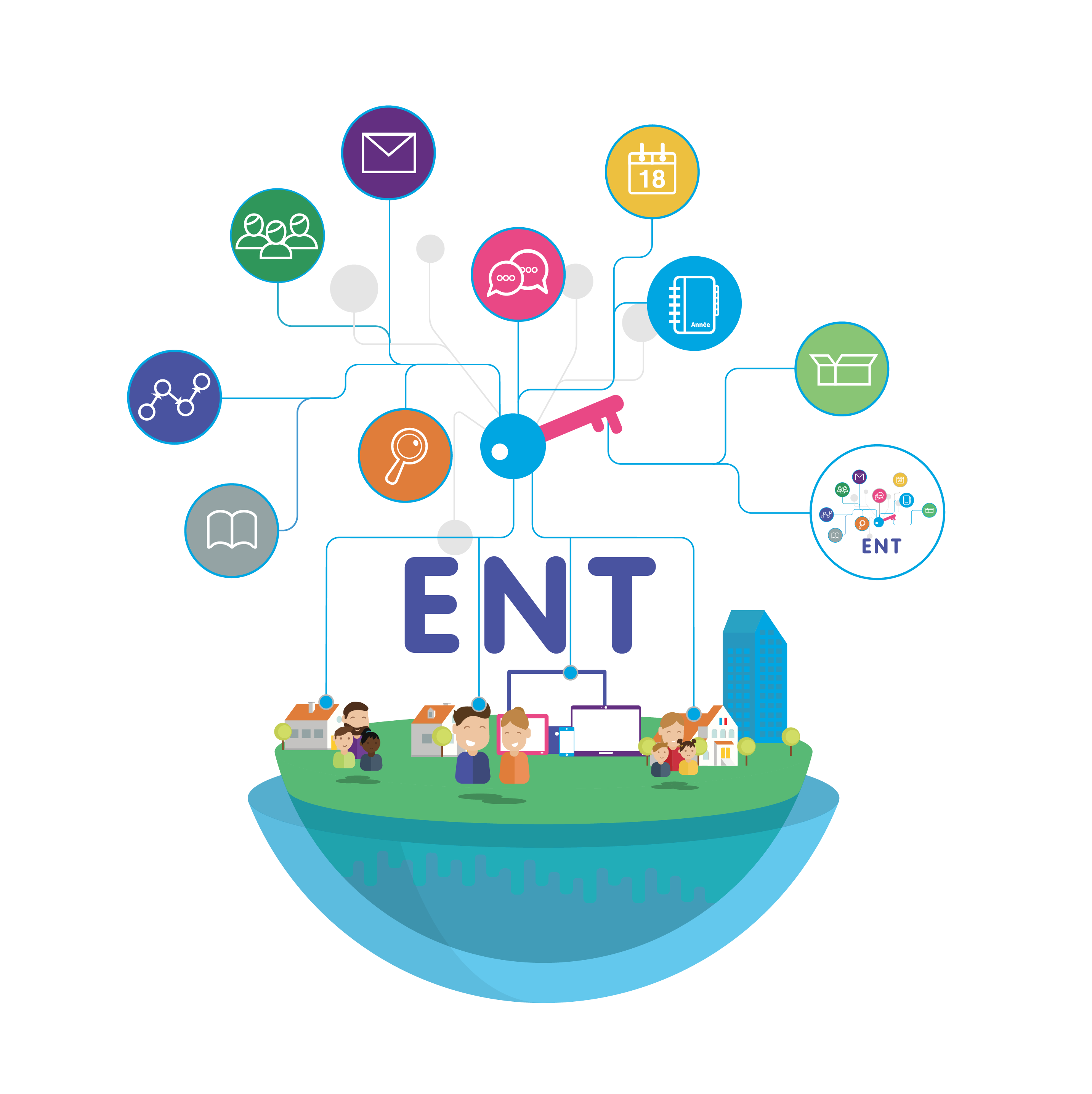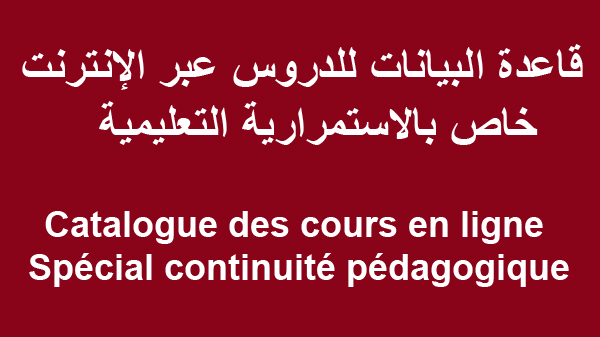Enseigner en Anglais: Planning du déroulement de la formation
nous tenons à vous informer qu'une nouvelle session (Session du printemps) sera lancée à partir du 16 avril 2023 via le lien:
اعلان عن إستشارة 03/2023 Sciences de la terre
VISIT OF THE NATIONAL COMMITTEE TO SUPERVISE AND MONITOR THE IMPLEMENTATION OF THE TRAINING PROGRAM FOR TEACHERS-RESEARCHERS AND DOCTORAL STUDENTS IN THE ENGLISH LANGUAGE
Within the framework of the field visits carried out by the National Committee to supervise and follow up the implementation of the training program for research professors and doctoral students in the English language, the University of Brothers Mentouri Constantine 1 received today Prof. Dr. Nawal Abdel Latif Mami and Dr. Baal Farida in a meeting with officials of the University of Constantine 1 and the Higher School of Biotechnology and members of the local committee to discuss the questionnaire and a meeting with professors in order to present the committee's work plan, clarify and answer any inquiries.
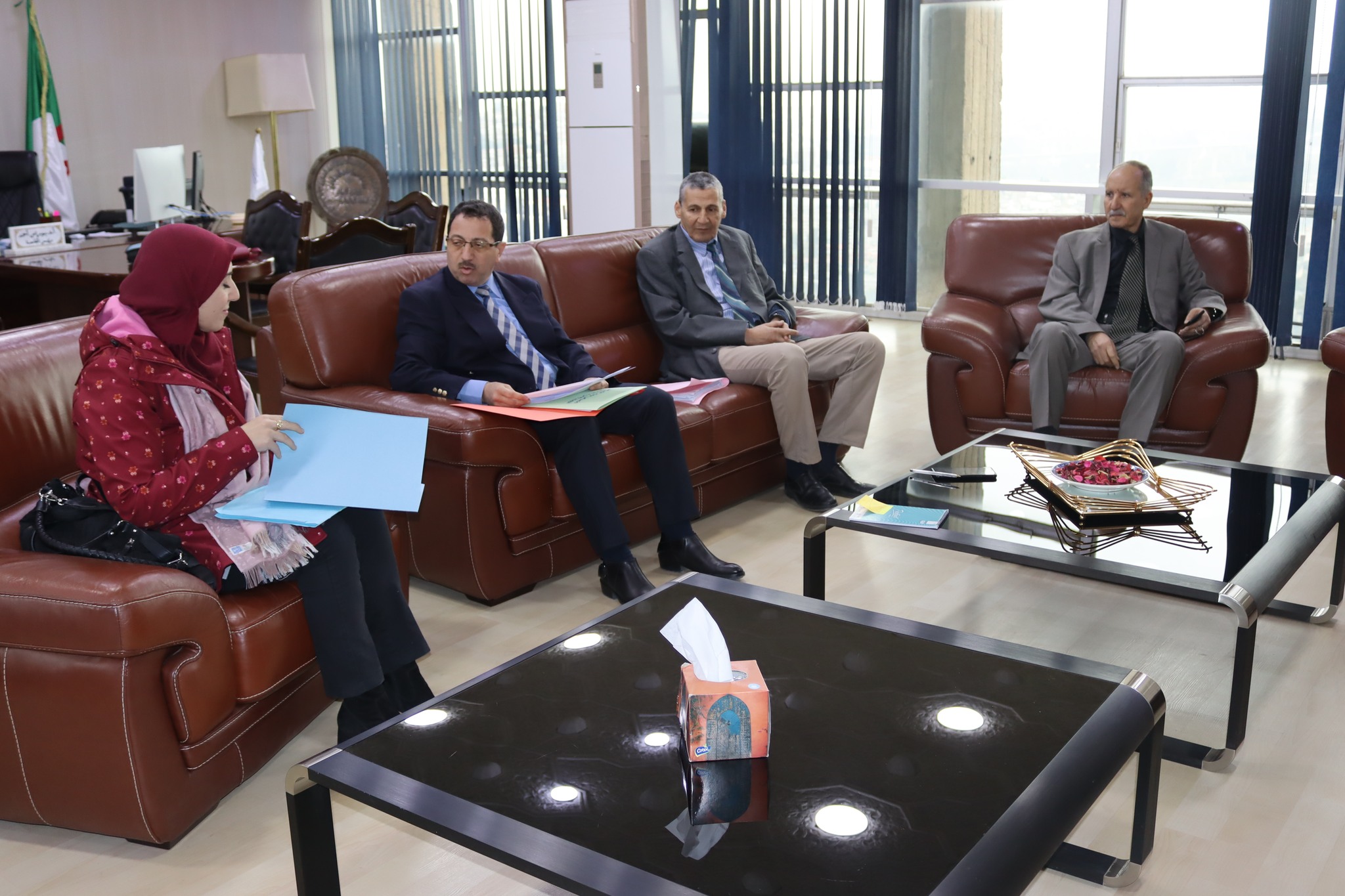
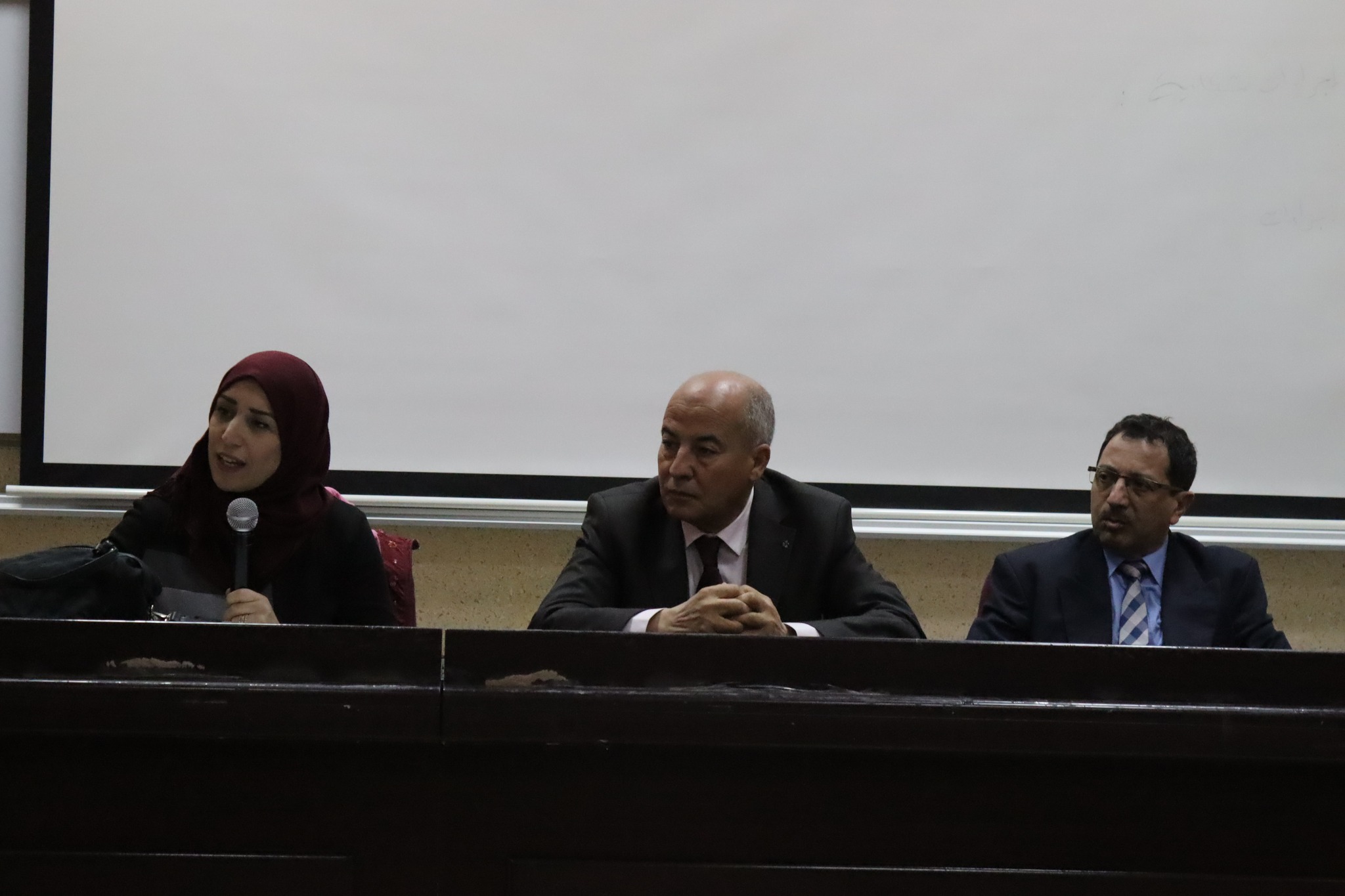
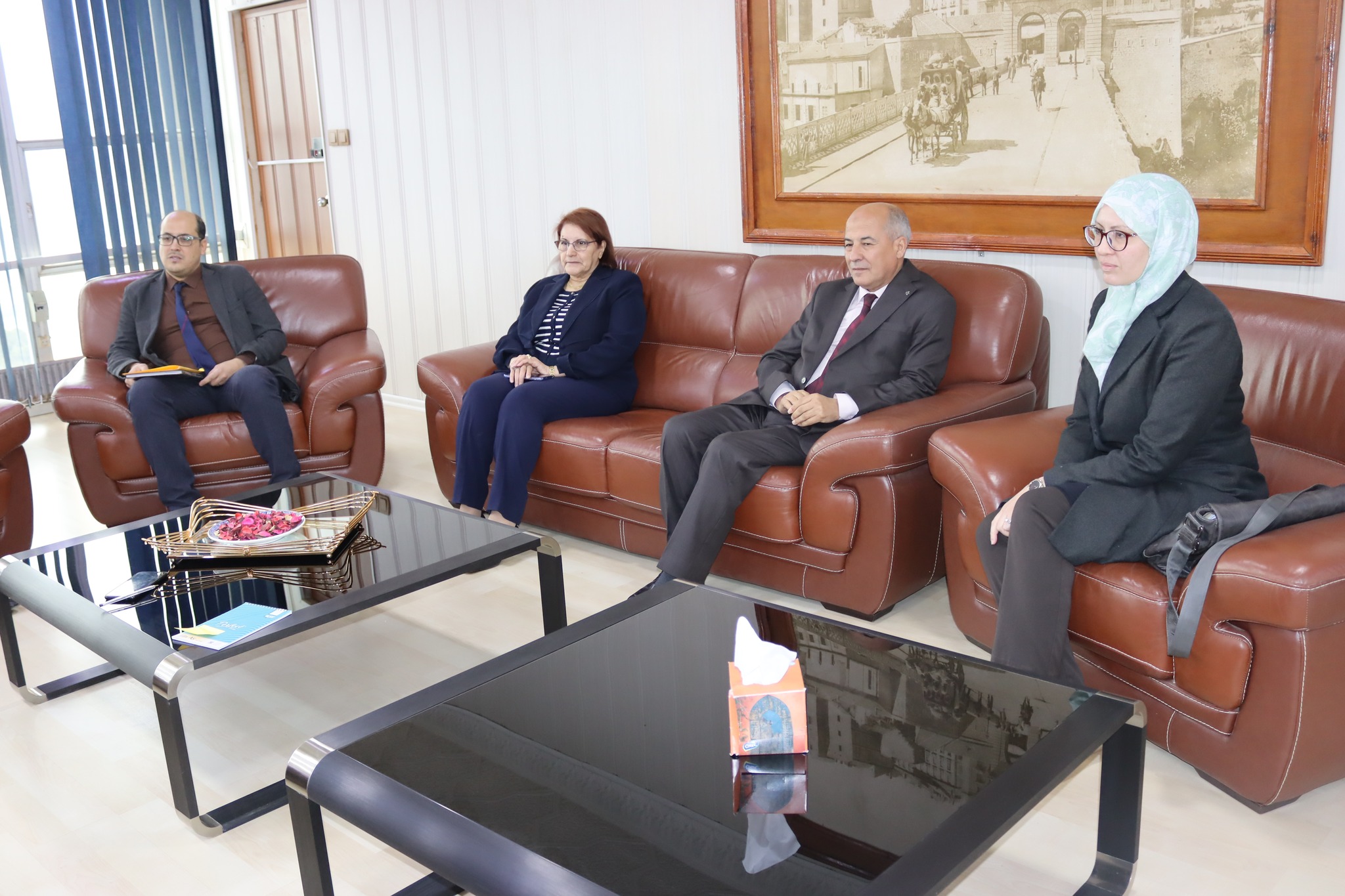
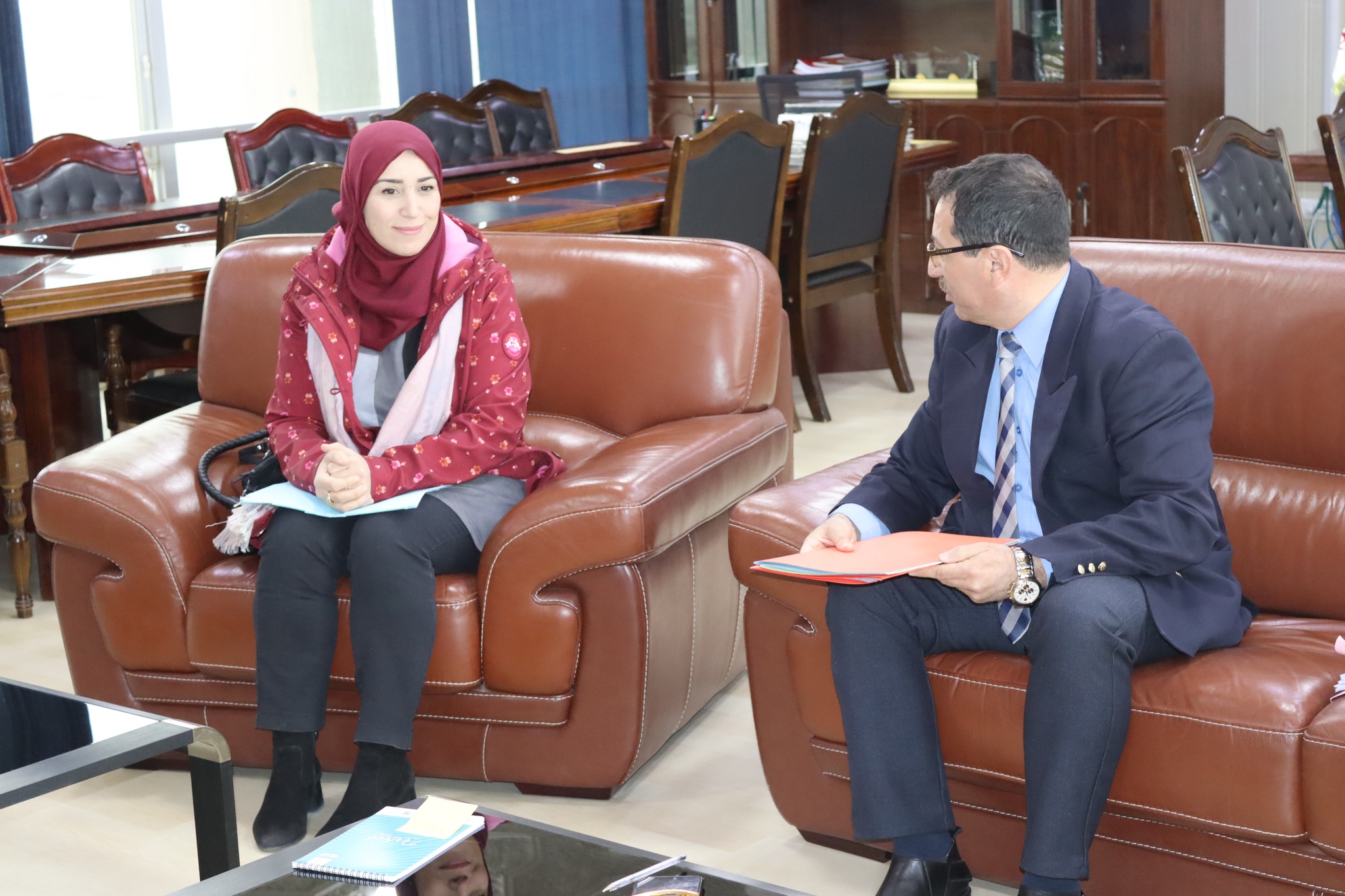
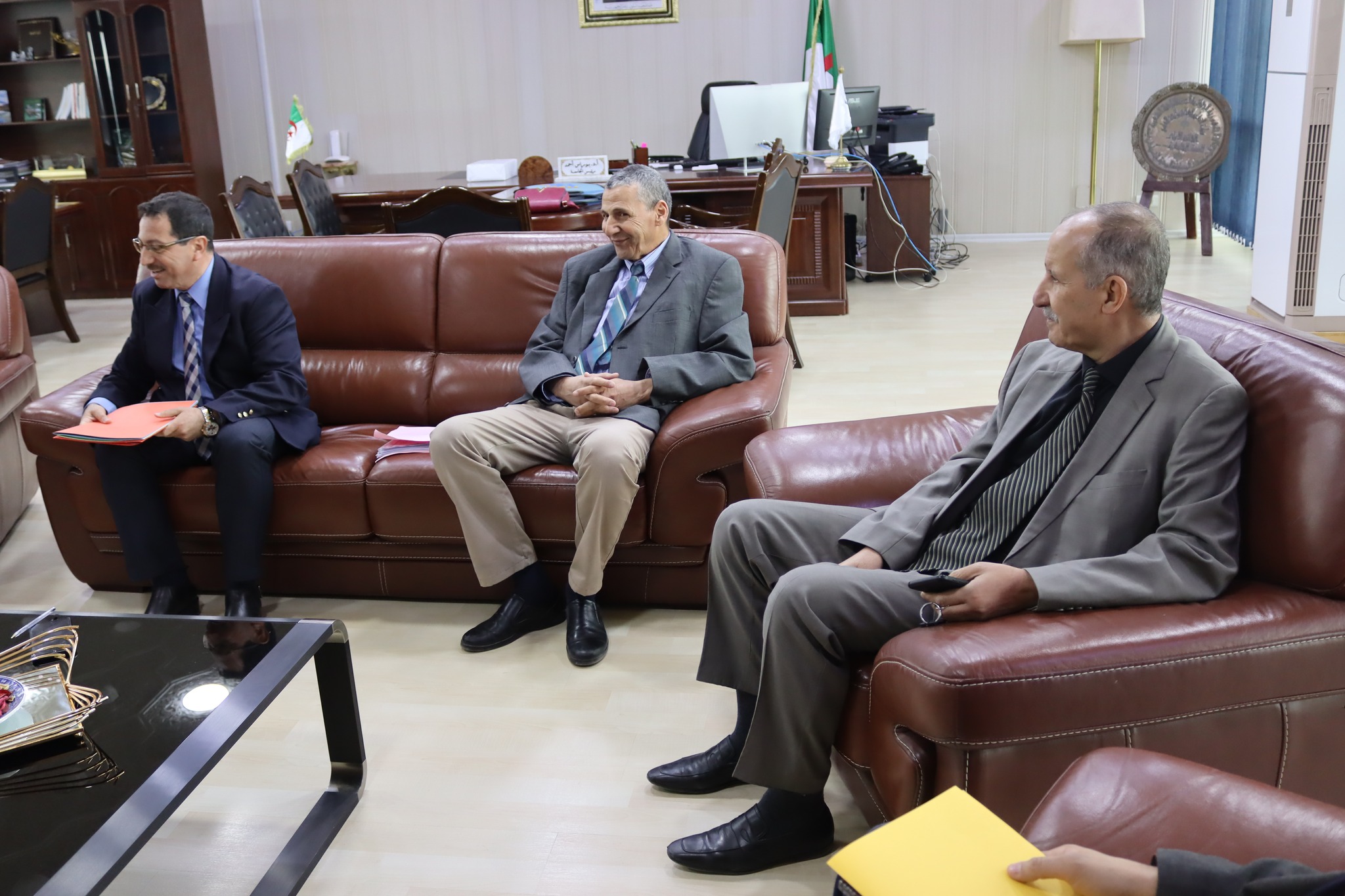
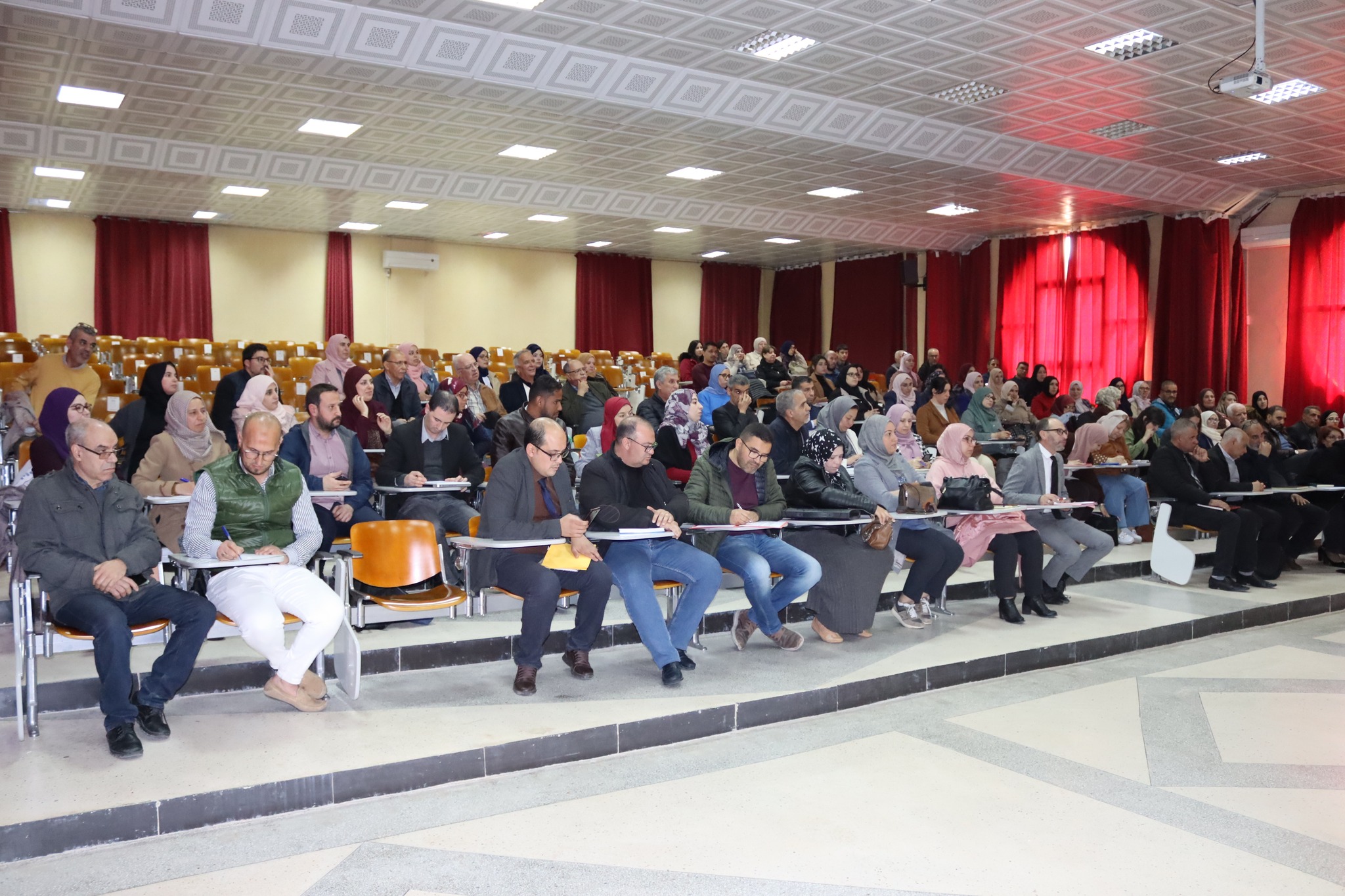
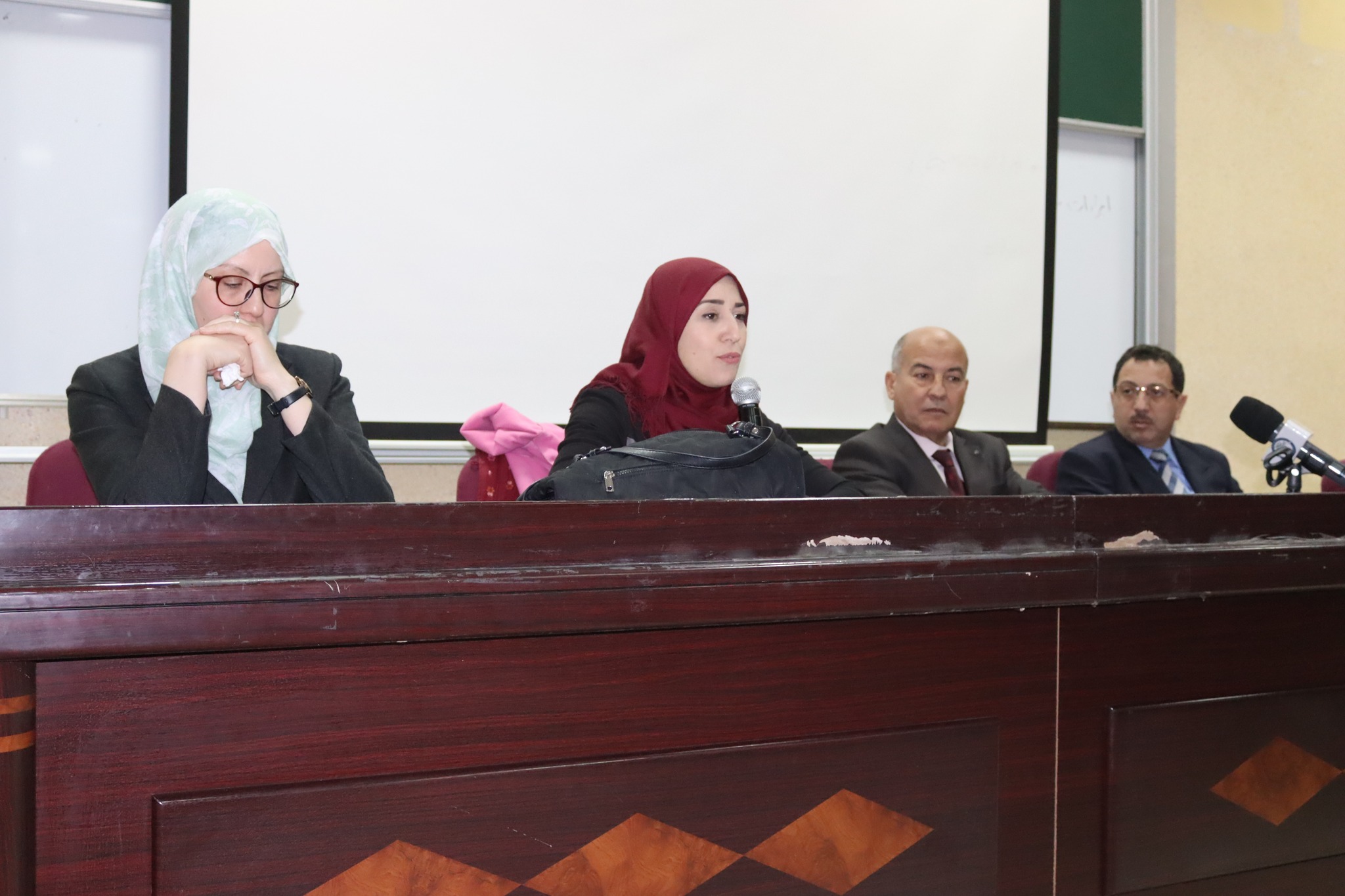
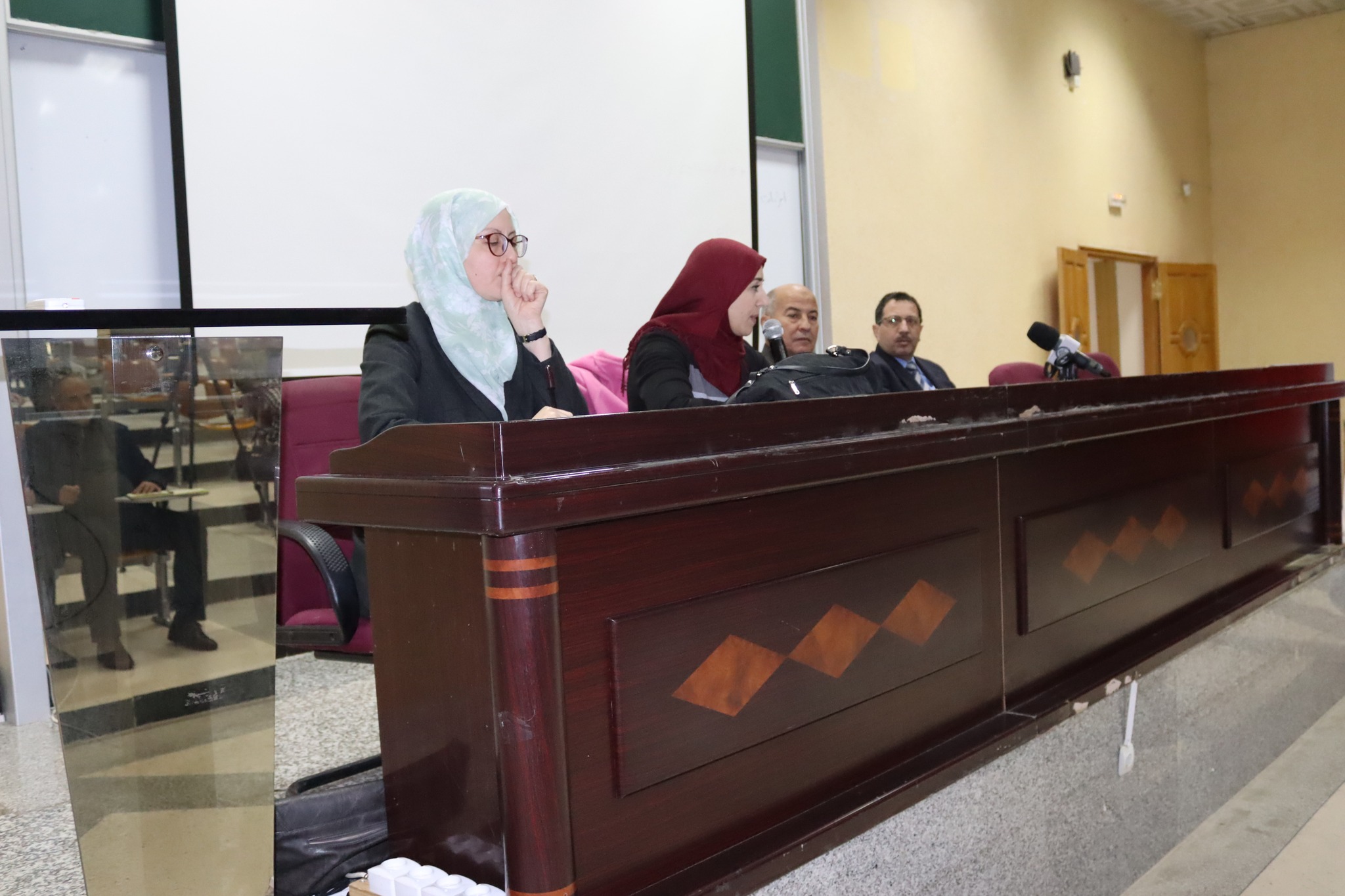
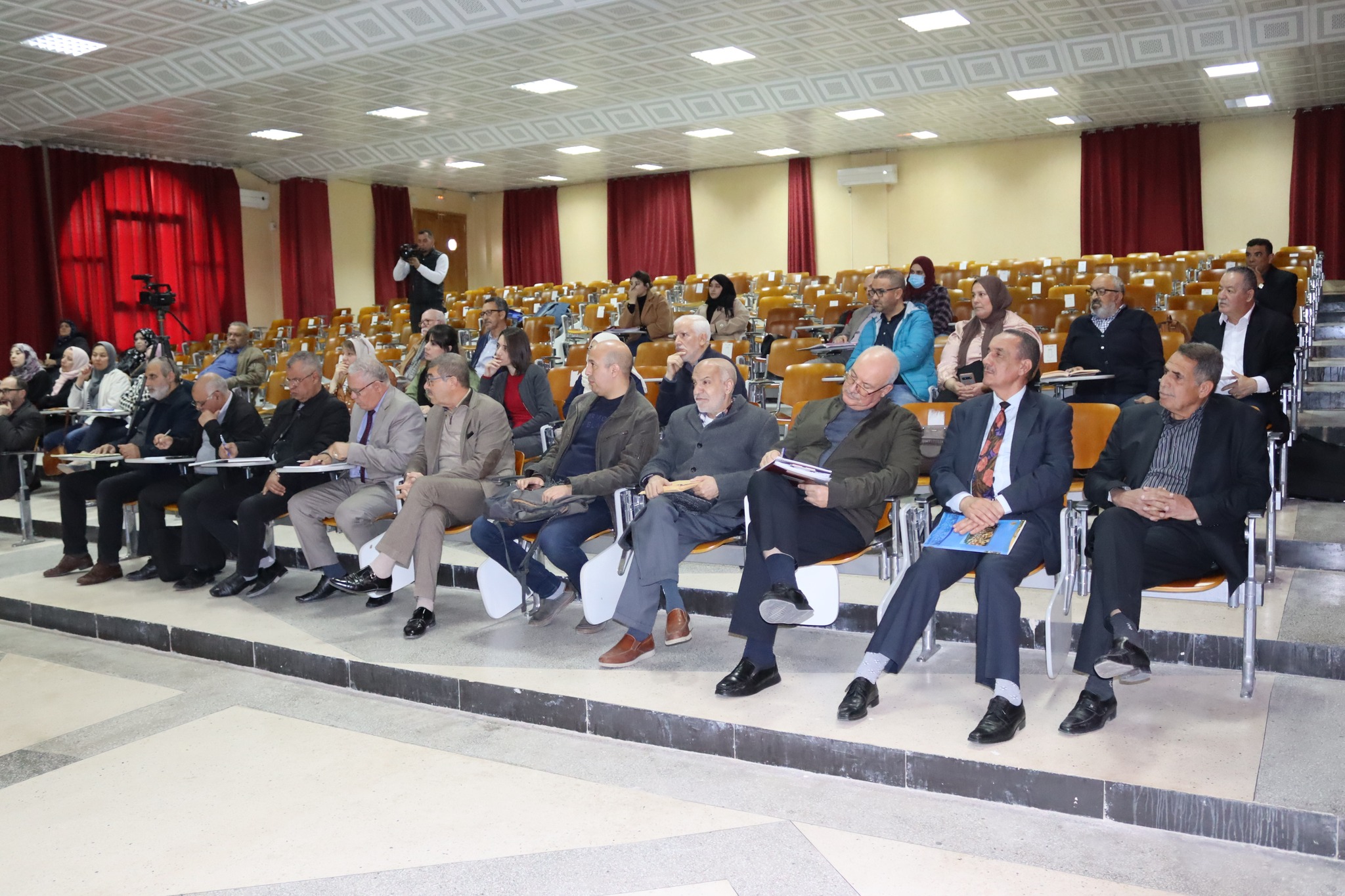
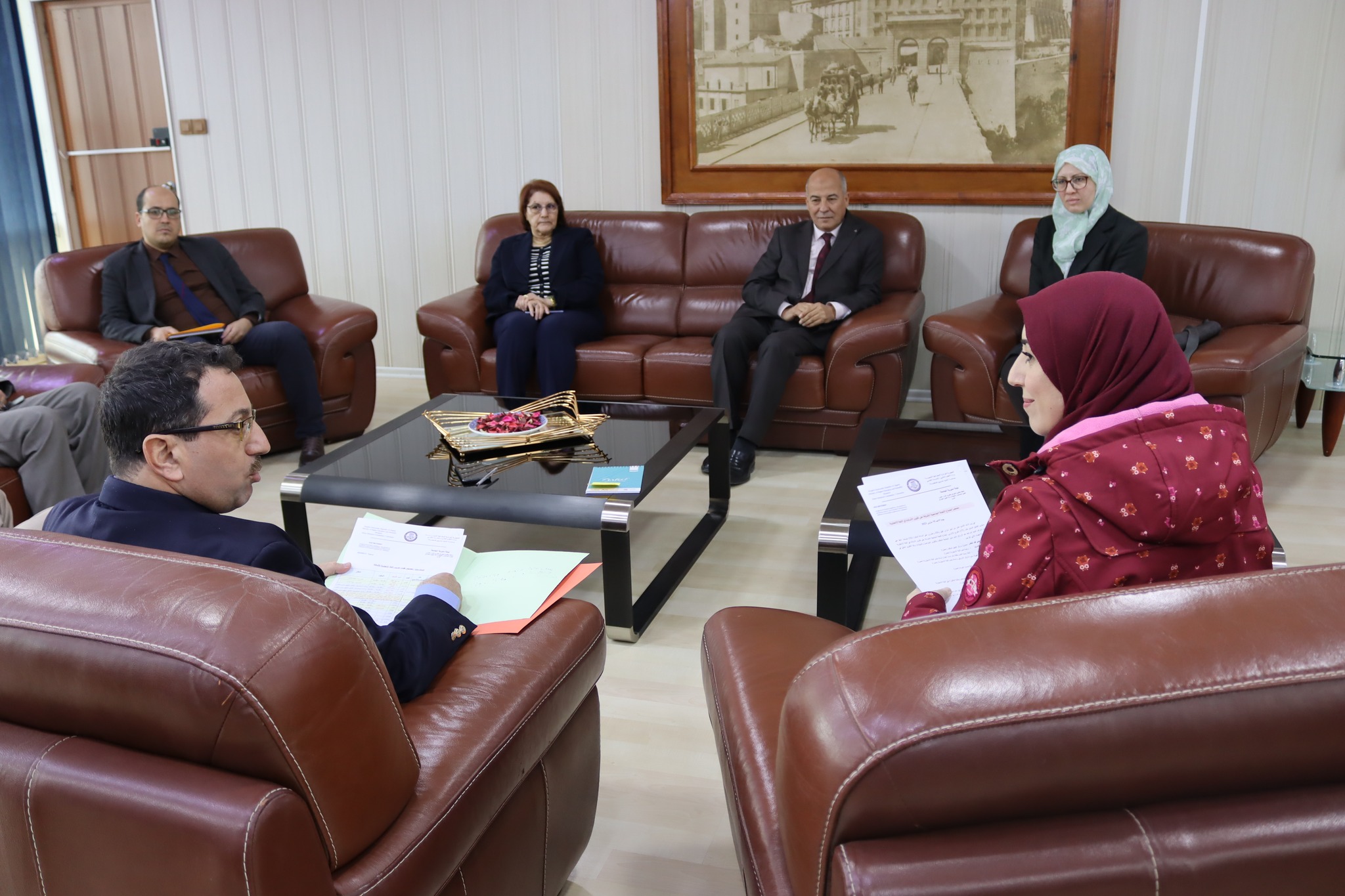
رسالة السيد وزير التعليم العالي والبحث العلمي الى الاسرة الجامعية بمناسبة يوم العلم 16 افريل
Quantum Computing Researchers from University Constantine 1 Win the Third Prize in the Prestigious International Competition QHACK-2023
After gaining international recognition many times since last summer, a team of researchers from the University Constantine 1, working on quantum technology, has won the third prize in the “Quantum Chemistry” category of the international hackathon on quantum technology and its applications, QHACK-2023. The competition was organised by the Canadian company Xandu, a global leader in photonic quantum computers and thousands of participants from over a hundred different countries .
To achieve this feat, our young researchers, supervised by a lecturer of University Constantine 1, proposed an ingenious quantum algorithm which they have implemented on quantum computers of the world giant IBM, based on superconductors technology. This latter has placed Algeria in the best possible way on the world map of quantum technology .
Translation Cell: Cafépolyglotte
Opening up to the economic and social environment is within our university strategy to achieve our forward-looking vision
Rector of the university Constantine 1 Brothers Mentouri confirms during a study day about public deals:
"Opening up to the economic and social environment is within our university strategy to achieve our forward-looking vision"
Prof. Ahmed Boras, the rector of the university Constantine 1 Brothers Mentouri, had a statement to the university's Information and Communication Cell, during his supervision on Wednesday in the pedagogical hall “500 seats”, in order to launch the study day on "public deals". He confirmed that the public deals code is highly important to both economic clients and the university community. It is a part of the university's strategy to open up to its economic and social environment with a forward-looking vision that will link the theoretical formative aspect to the practical one. The study day was organized by the law faculty in coordination with Constantine's administrative court, and was attended by experts and actors in this field, financial controllers and judges, as well as academic professors. Prof. Ahmed Boras reported that this study day aims primarily to end the confusion among our students, while enabling them to be practically familiarized with some of the obstacles that the administrative services may face during the conclusion of public deals. This latter is in order to maintain and consolidate the principle of transparency and equality among all economic clients in the conclusion of any public deals.
Prof. Mouloud Gamouh, the dean of the law’s faculty, explained the purpose of organizing the study day on public deals. It is to analyse the law that determines the ways in which public money is spent, and to show the multiple conditions and procedures that includes. He answered relevant questions related to the topic during his speech, such as: Are these conditions in the public interest? With research into the problems that could impede the application of this law, will we really be able to spend money effectively? Accordingly, professors, judges, judicial experts and professionals in public deals were selected to have presentations on this study day.
Dr. Feriel Krikou, lecturer A at the law faculty, the head of the scientific committee in the study day, and a lawyer accredited to the Supreme Court and the Council of State, confirmed that the organization of this study day was due to the importance of public deals in economic development and the rationalization of public spending, and its protection through Public Deals Decree No. 15-247. This latter, contains several crucial articles, including the provisions of Article No. 5, which stated the principles of public deals: freedom of access to public requests, equality between economic dealers, and transparency. She said, in a statement to the Information and Communication Cell of the university, that the organization of this study day came within the framework of the content of what was included in this decree in terms of clarifying the methods of concluding public deals between the administration and the contracting customer. She explained how to choose the best offer till the granting of the public deal, and pointed out to the goal of this scientific event which is to bring the student closer to the practical side, so that he can link between what he learned at the university and what exists in field. Dr. Feriel Krikou also indicated in her statement that this study day will be followed by other scientific activities, of great importance, accompanied by field trips that will help the student in choosing the direction that he will follow in his professional life. Prof. Abdel Hamid Tamim, the president of the administrative court in Constantine, mentioned that the study day was organized within the the framework of the judiciary’s opening up to the university which is in order to achieve communication and the exchange in the law of public deals. It emphasised on knowing the basic principles on which public transactions are based, including the principle of competition and equality, in order to bridge the corruption gap and protect public spending. In other hand, Prof. Kamel Halisi, the president of appellate court in Constantine, appreciated, during his intervention, the role of the university of Constantine 1 brothers Mentouri in organizing such meaningful scientific meetings that contribute to the exchange of experiences and offer suggestions to improve performance.
Reported by : Wahiba Ben Chtah
Translation cell: Cafépolyglotte
Scientific Days "Artificial Intelligence for Drug Design and Medical Diagnosis"
The Pharmaceutical Sciences Research Center and Frères Mentouri Constantine 1 University organize scientific days on "Artificial Intelligence for Drug Design and Medical Diagnosis" from April 16th to 18th, 2023 at 09:00 a.m. at the 500 places pédagogiques Campus , Tidjani Haddam.
The Launch of the First Workshop's Events on the Business Model "BMC workshop one to twelve"
These workshops run from April 10th to May 31st, 2023 every Monday and Thursday from 9 a.m till midday.
Registration: Must be at least two days before the date of the workshop.
For more details, please check the Entrepreneurship House office at Tidjani Haddam complex (Law faculity).
Translation Cell: Café Polyglotte Club
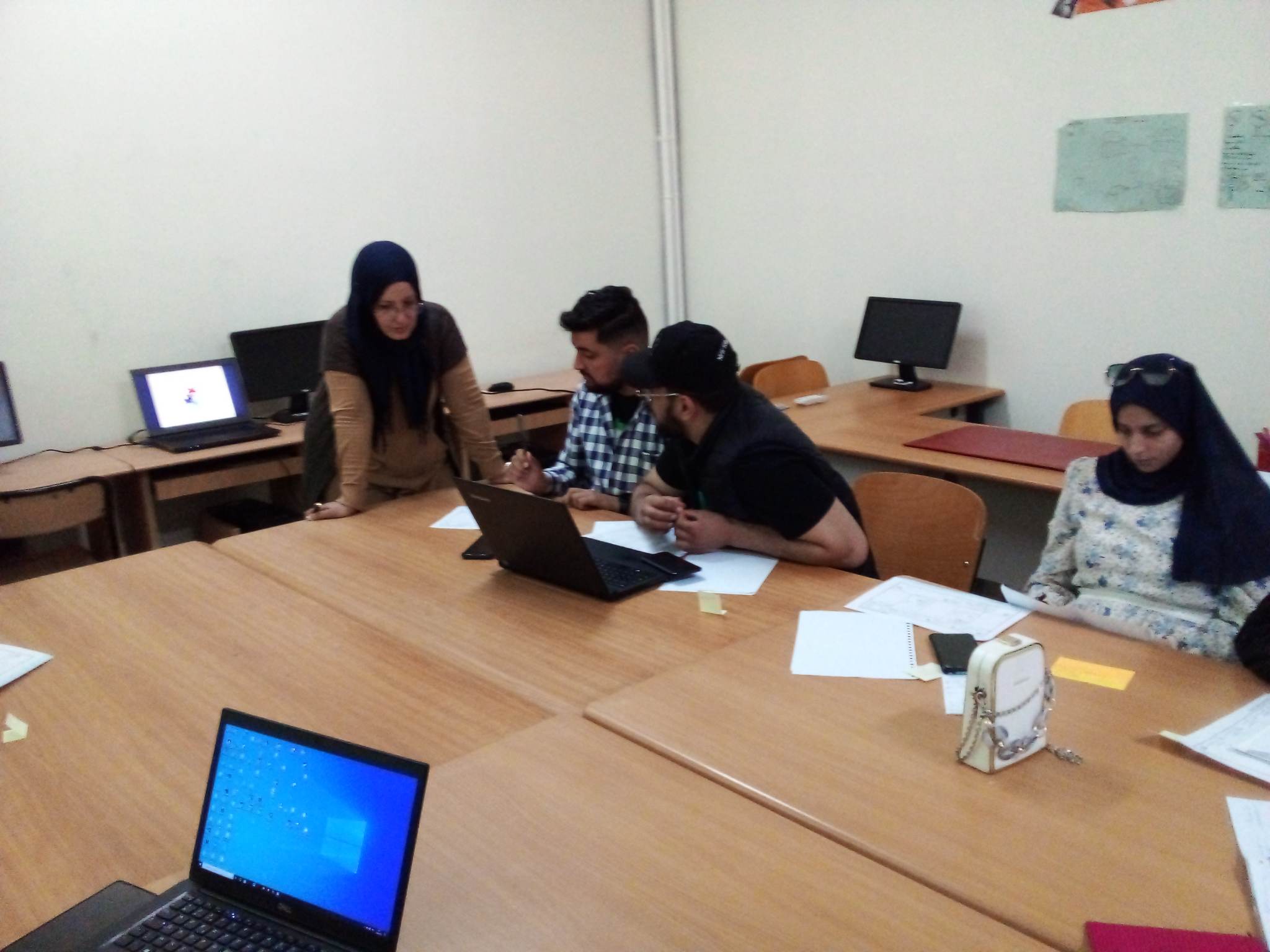
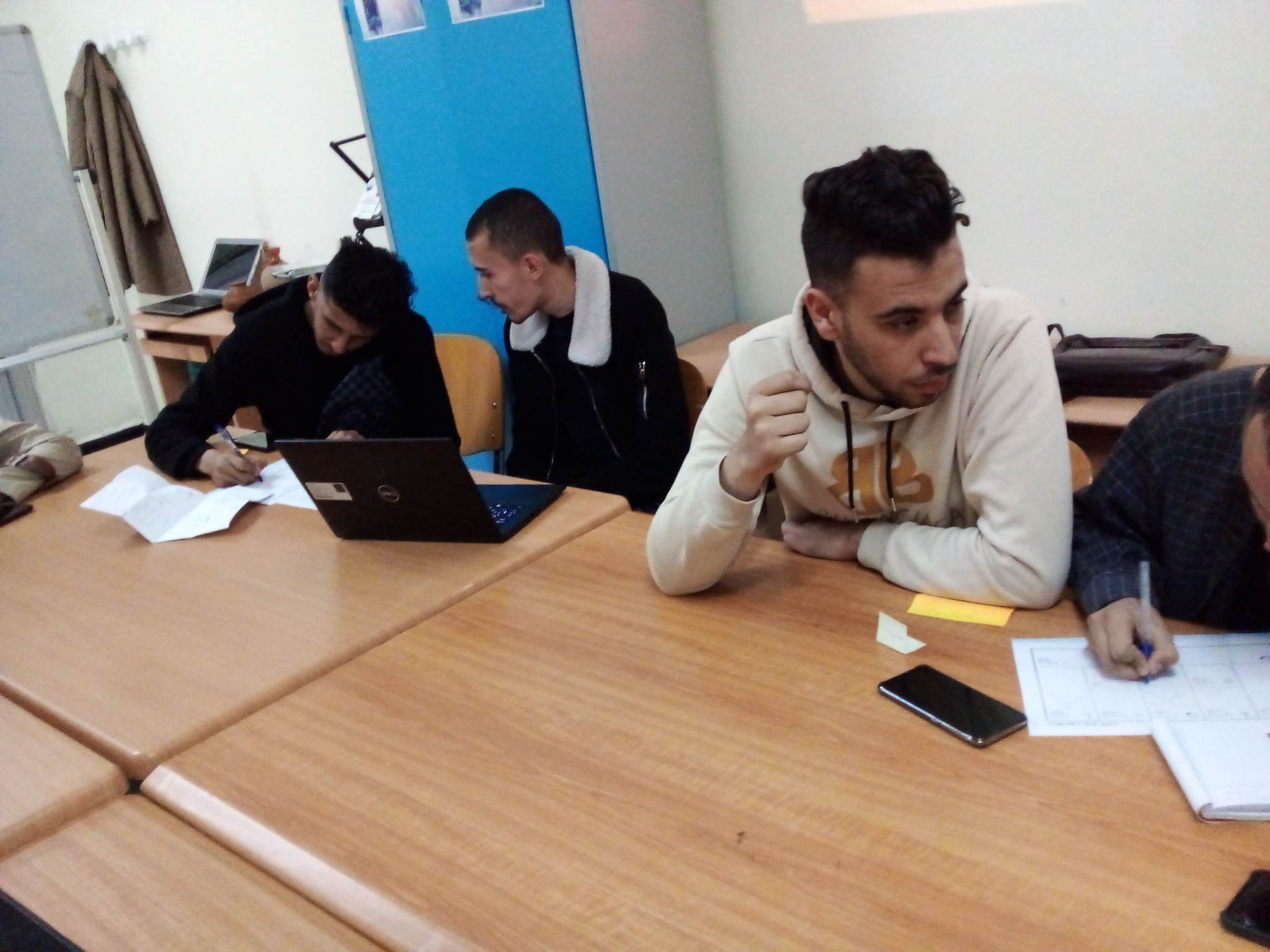
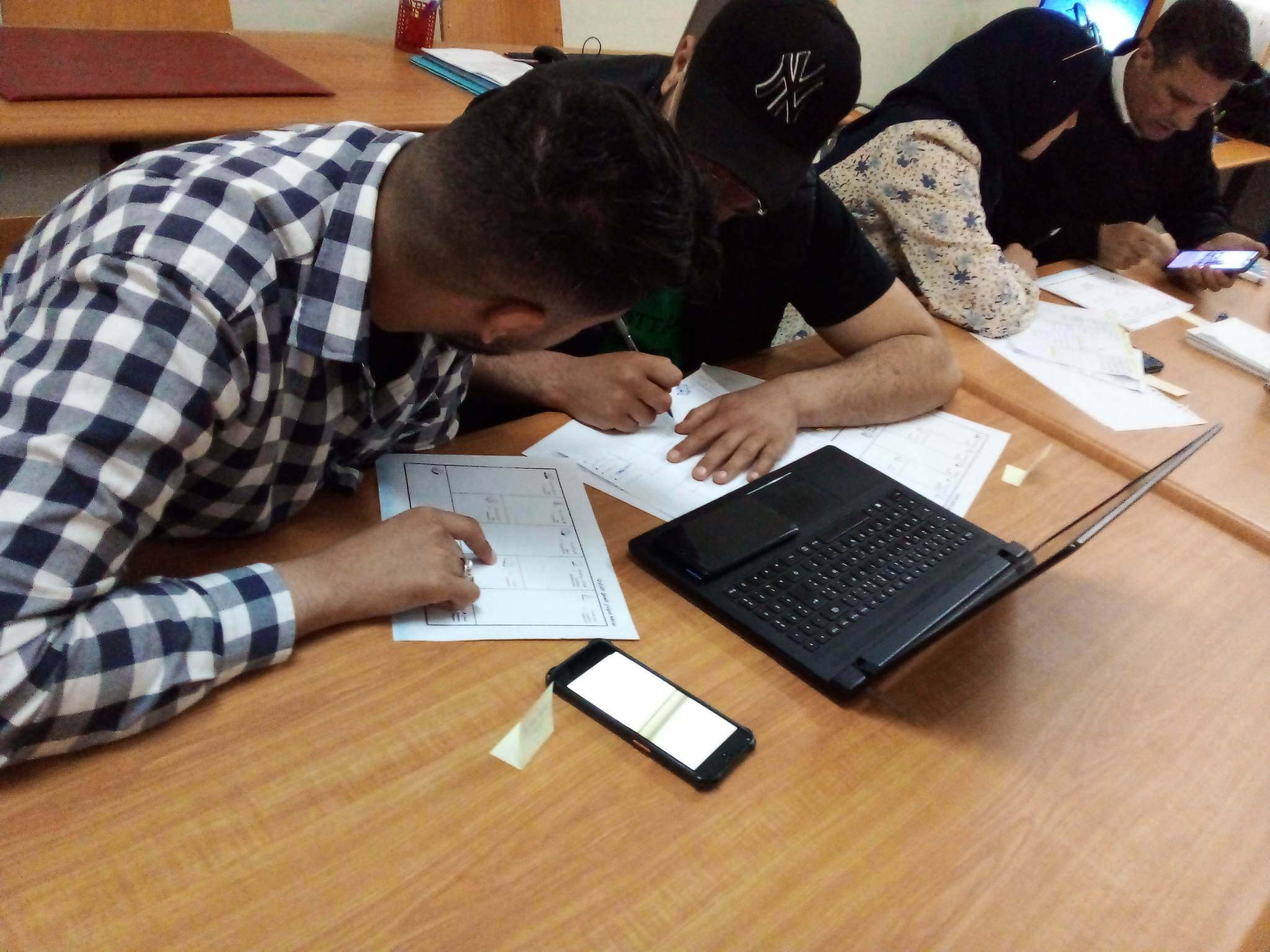
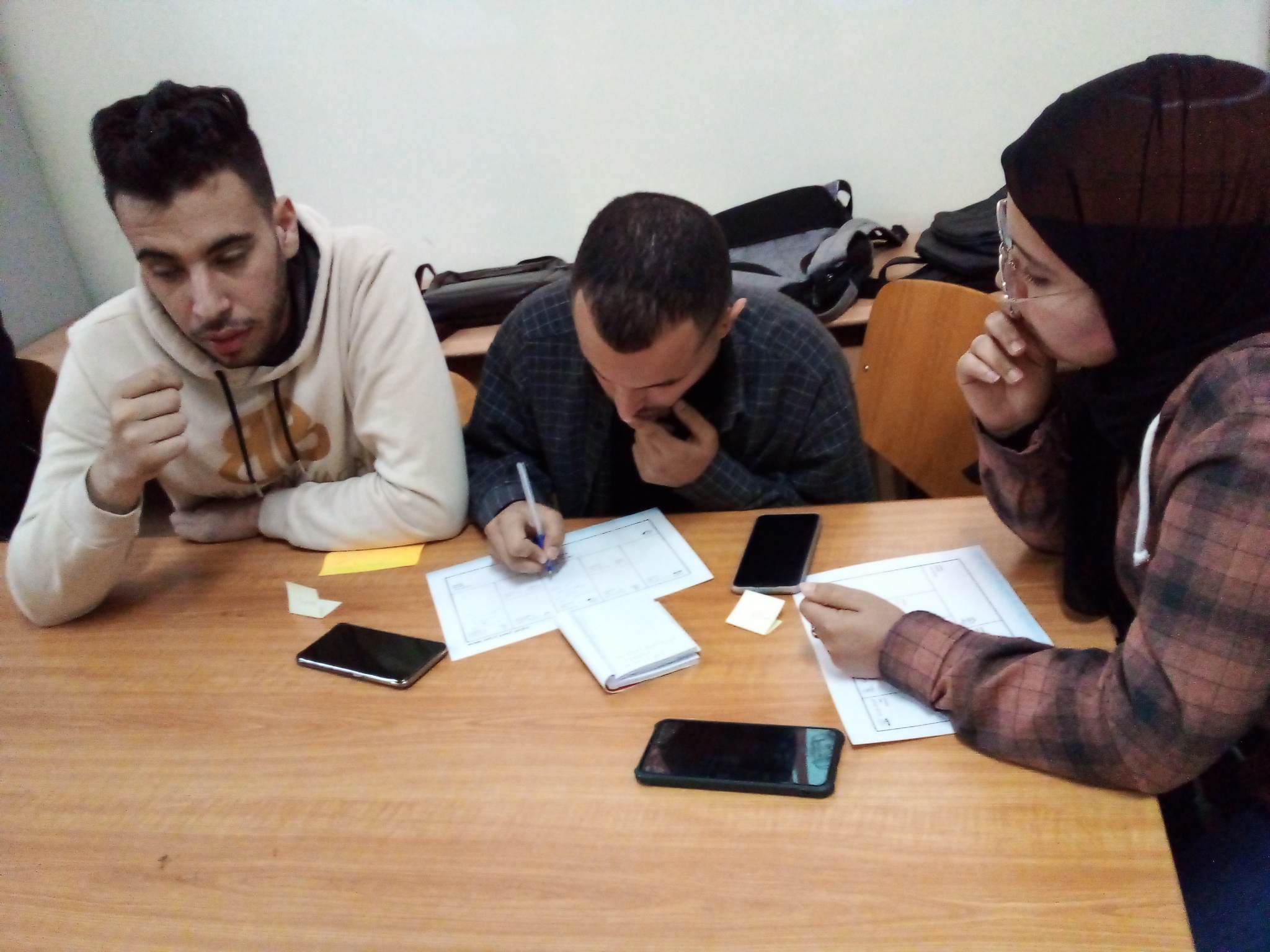
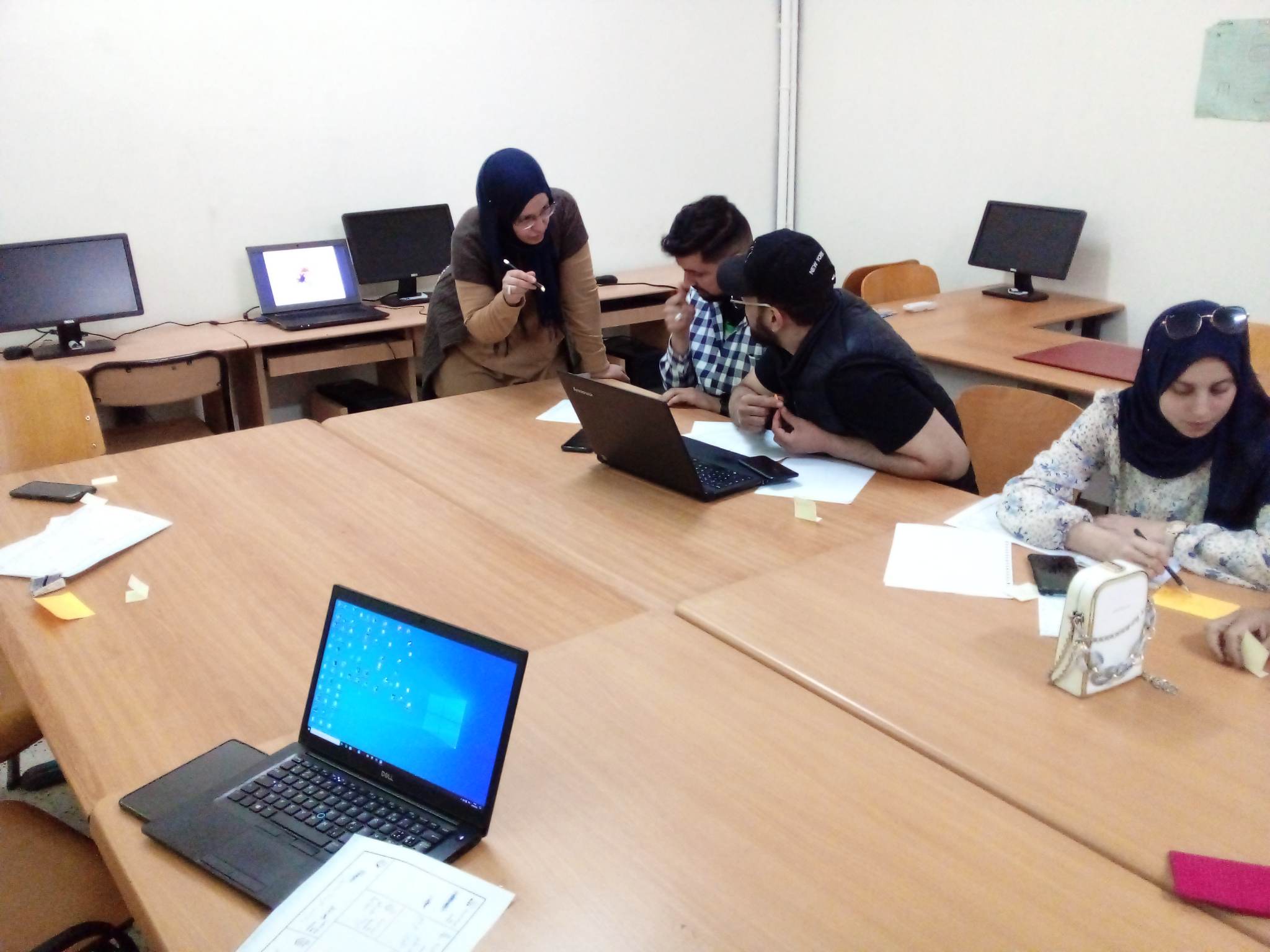
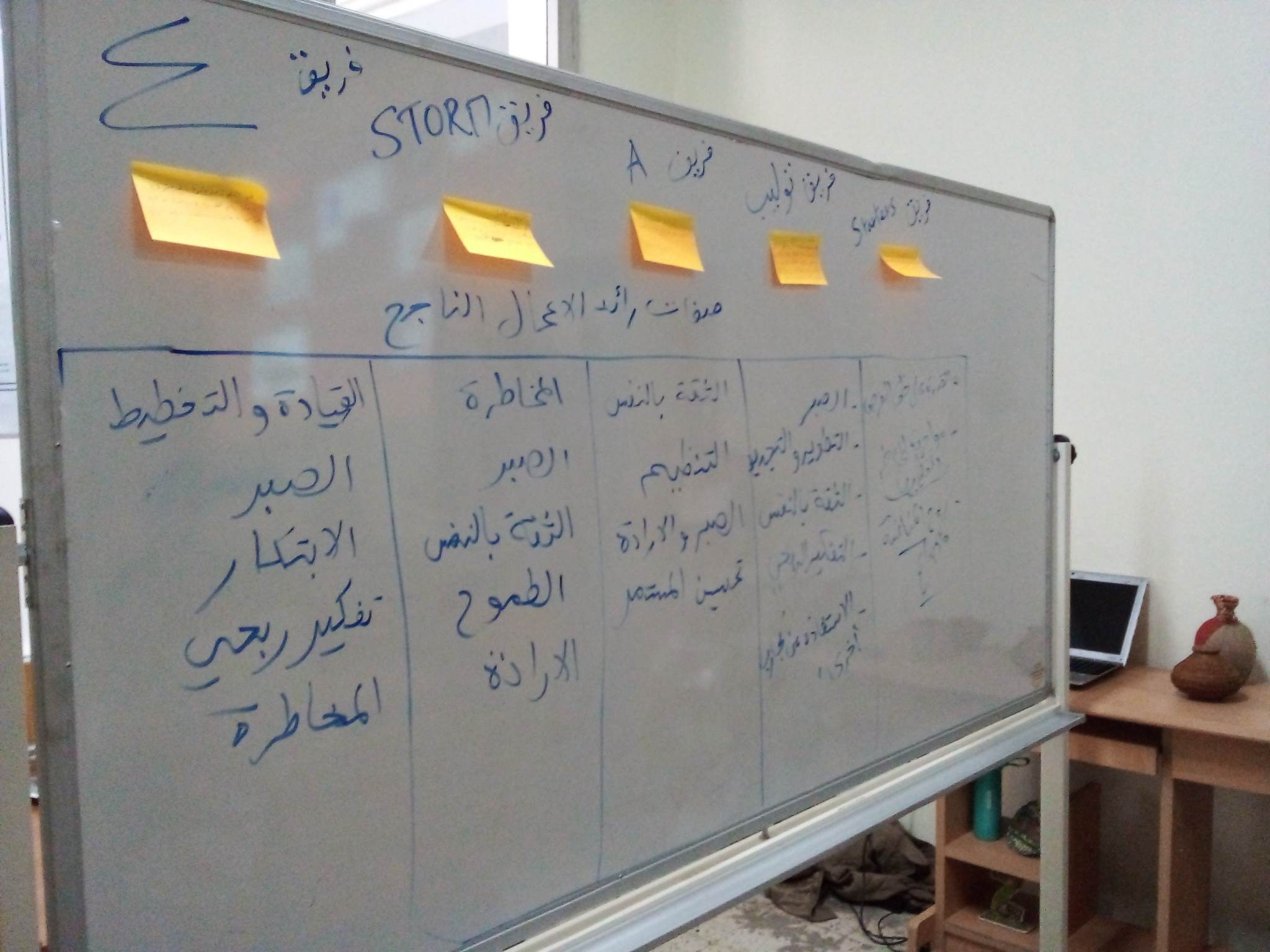
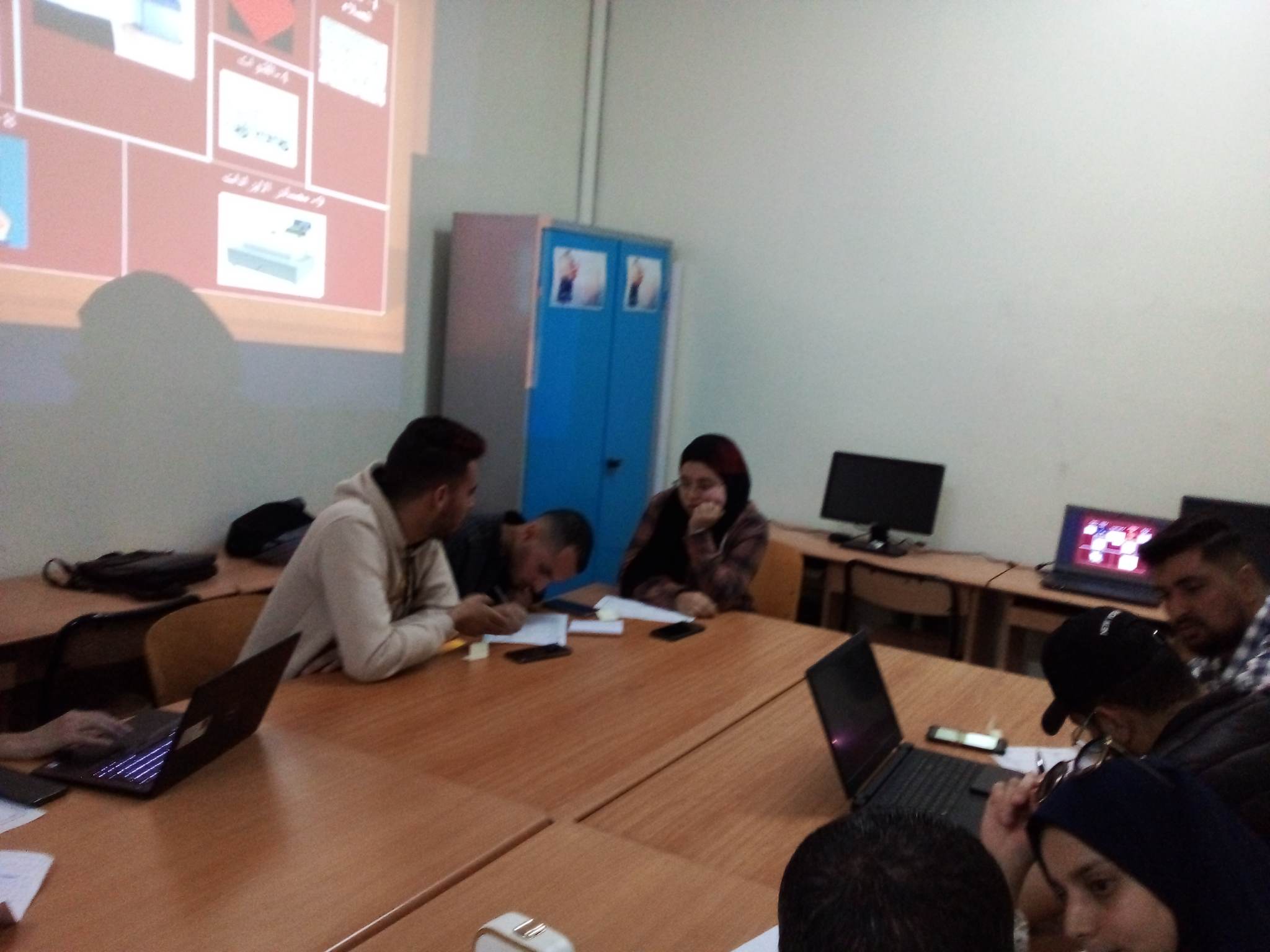
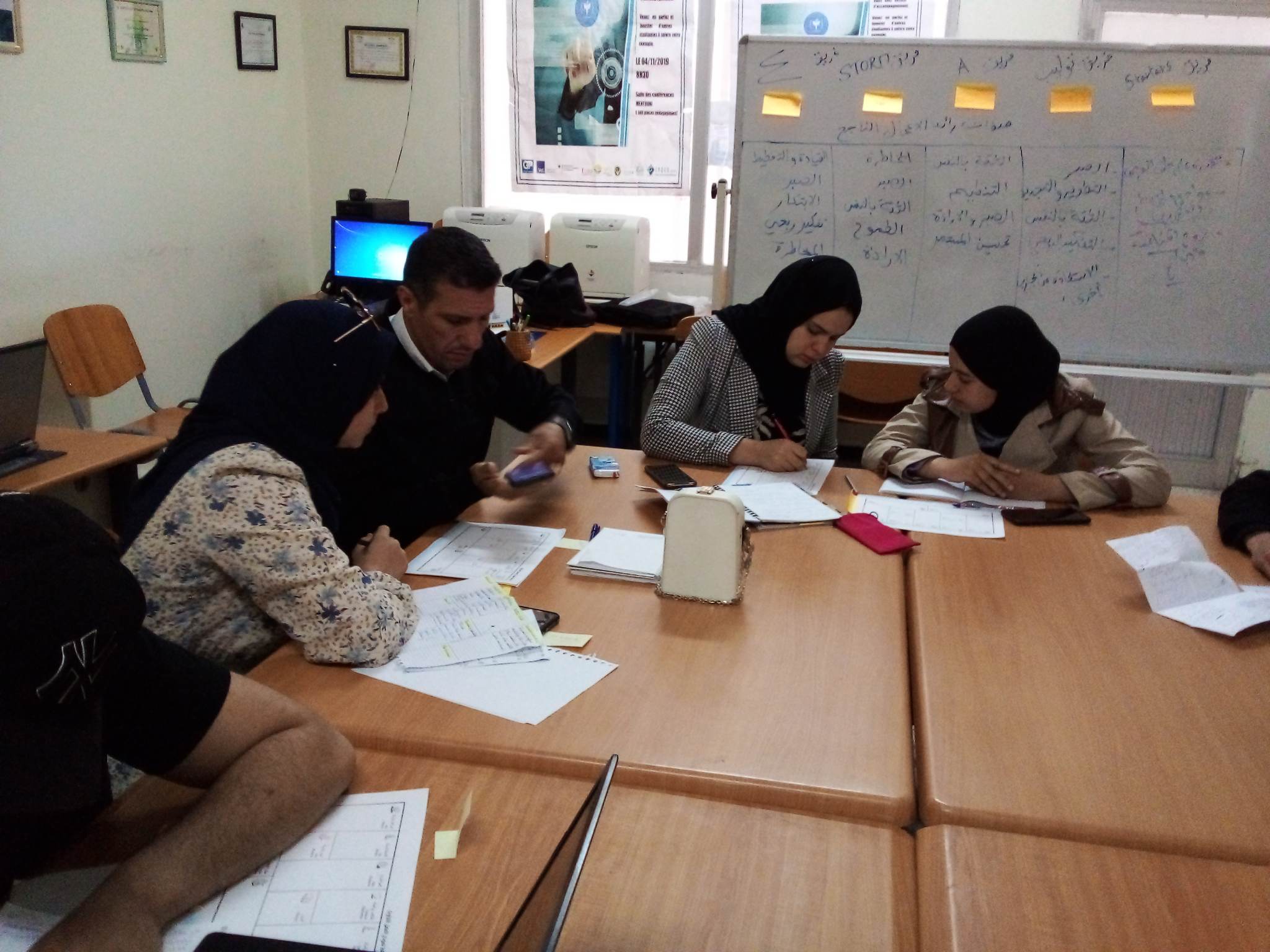
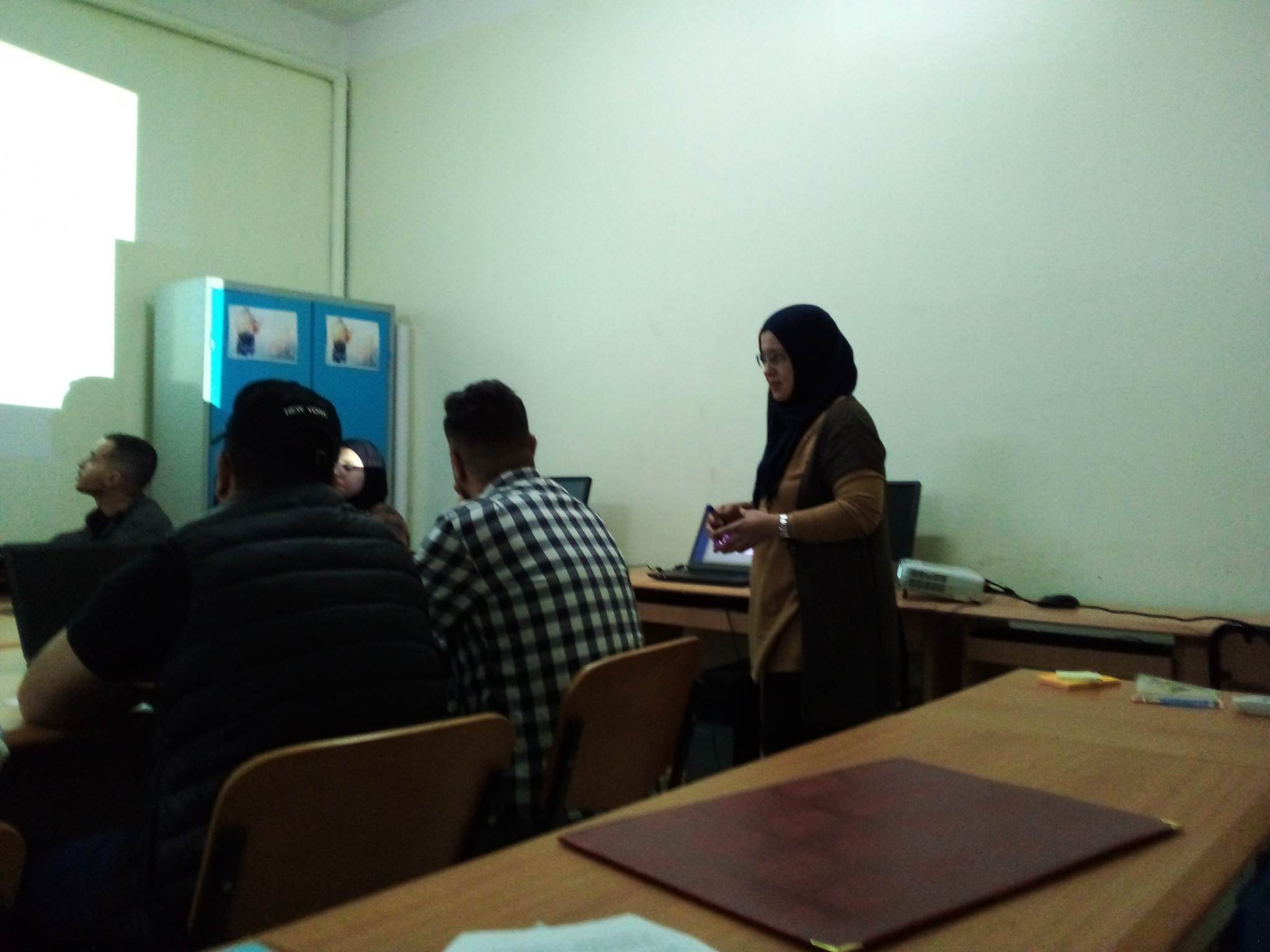
ICNEP 2023 Call For Papers
The 2 nd International Conference of Nanotechnology for Environmental Protection and Clean Energy Production
October 2023
Constantine, Algeria
We warmly welcome you to submit papers covering all aspects of nanotechnology and renewable energy for the 2nd International Conference of Nanotechnology for Environmental Protection and Clean Energy Production. The conference is scheduled to take place on October 09-10, 2023, in Constantine, Algeria.
All accepted papers will be published in an indexed journal.
Research areas
- Physic-Chemical nanomaterials science
- Nanoscale physics
- Nanocomposites and nanomaterials applications
- Solids and structures
- Renewable energy
- Nanoparticles
- Metallic and polymer materials
- Eco-friendly materials and nanocomposites
Honorary Chair
- Pr. A. Bouras
Conference Chairs
- Pr. S. Hamamda
- Pr S. L. Revo
Invited Lecturers
- Pr. Yu. I. Sementsov
- Pr. S. G. Nedilko
- Pr. K. O. Ivanenko
- Pr. A. Mefteh
- Pr. K. Chetehouna
Paper Submission
Prospective authors are invited to submit their papers written in English: The full papers (in docx or pdf format) should be submitted in IEEE Template.
https://cmt3.research.microsoft.com/ICNEP2023
Registration Fees
Ordinary Participants: 10000 DA
Ordinary Students: 7000 DA
Maghreb participants: 160 Euros
Foreign Participants: 300 Euros
Contact : This email address is being protected from spambots. You need JavaScript enabled to view it.
Important dates
Paper submission Deadline: Aug 15, 2023
Notification of acceptance: Sep 10, 2023
final Paper submission: Sep 20, 2023
Conference date: Oct 9-10, 2023



